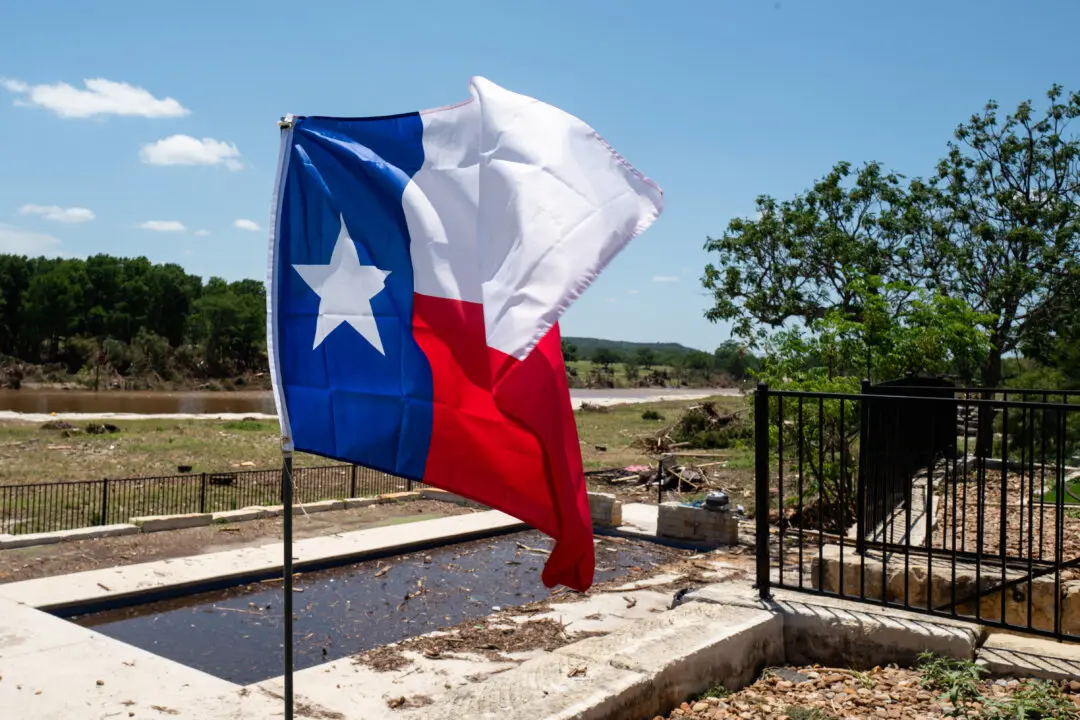Representatives at a Congressional hearing moved closer to challenging President Joe Biden’s new rule defining the Waters of the United States (WOTUS) under the Clean Water Act, an issue pitting many farmers, ranchers, and other landowners against many environmentalists and federal bureaucrats.
The meeting brought together members of the Transportation & Infrastructure Committee’s Subcommittee on Water Resources and Environment, now led by Rep. David Rouzer (R-N.C.).





